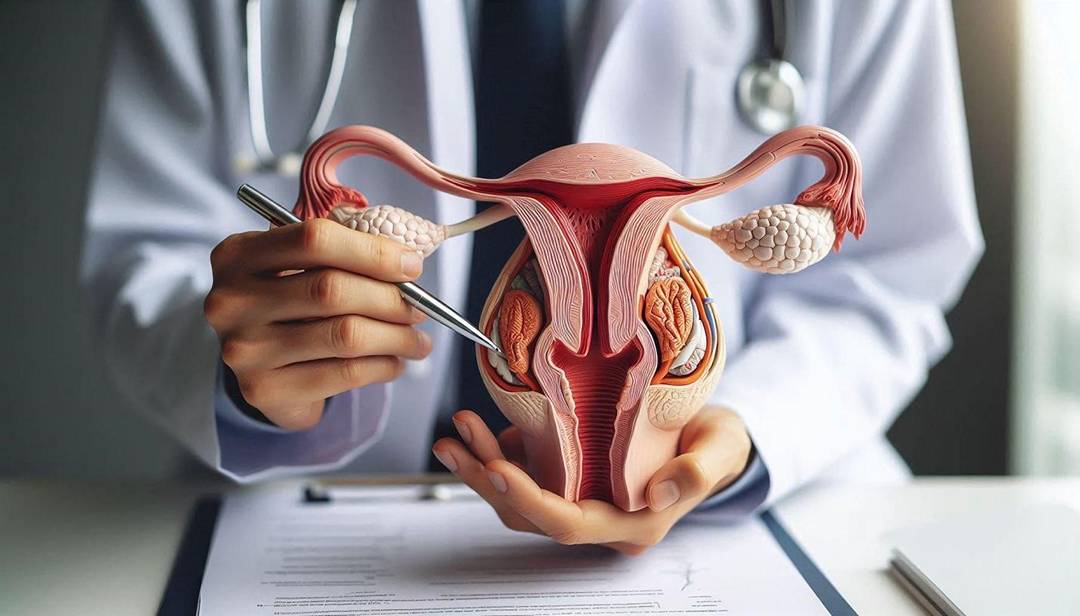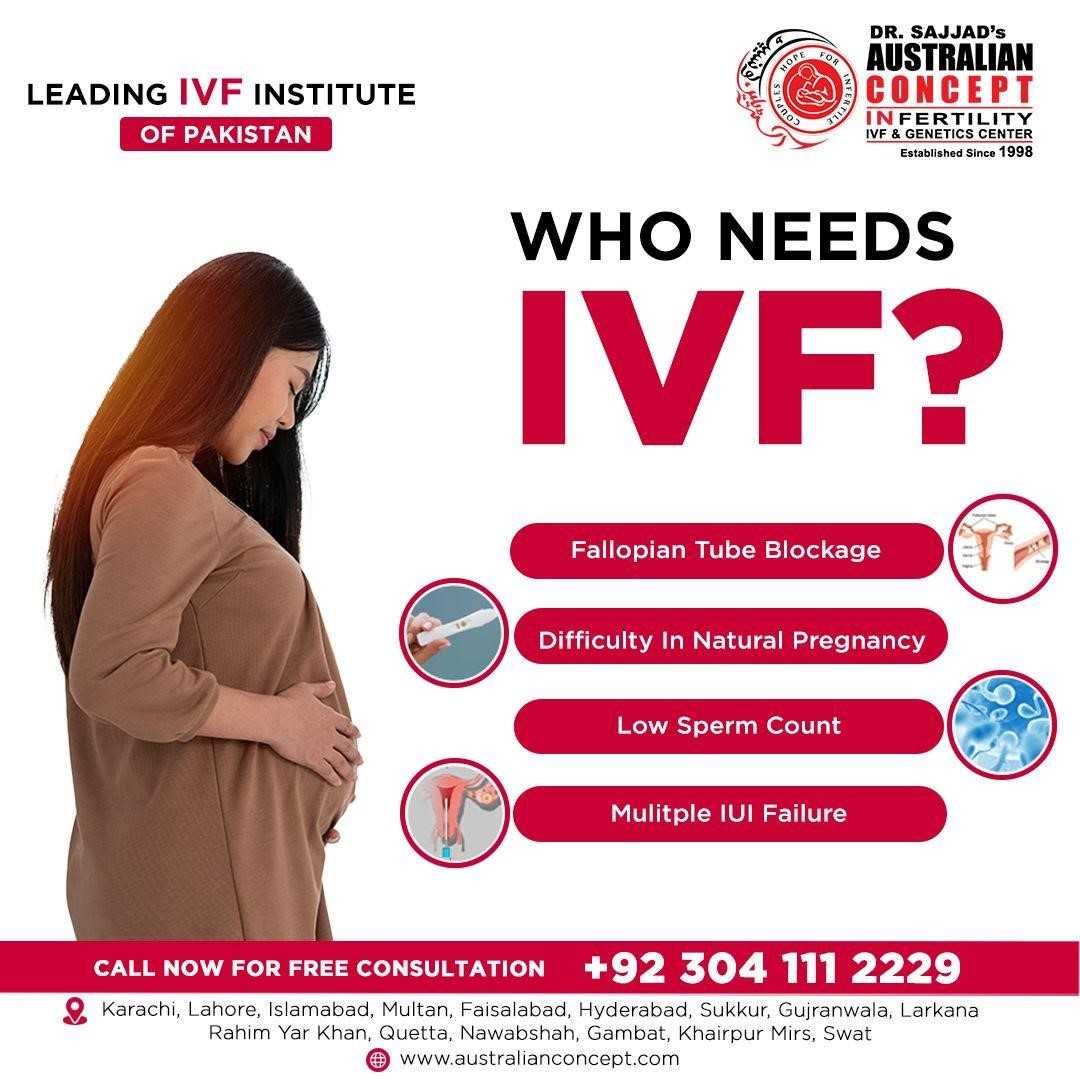
Egg Freezing and IVF: Preserving Fertility for the Future
In today’s fast-paced world, women often find themselves balancing career aspirations, education, and personal growth, which can lead to delaying family planning. While this shift is empowering, it also raises legitimate concerns about fertility. Fortunately, advances in reproductive technology have introduced options like egg freezing, giving women the ability to preserve their fertility for the future. Let’s dive into what egg freezing involves, its benefits, and how it ties into in vitro fertilization (IVF).
Understanding Egg Freezing
Egg freezing, or cryopreservation, is a process that allows women to store their eggs for later use. The procedure involves stimulating the ovaries to produce multiple eggs, retrieving them, and then freezing them for future fertilization. Many women choose this route for various reasons, such as focusing on their careers, addressing medical concerns, or simply wanting to wait until they feel ready for motherhood.
Why Should You Consider Egg Freezing?
-
Age and Fertility: One of the most significant factors affecting fertility is age. Women are born with a finite number of eggs, and as they grow older, both the quantity and quality of these eggs decline. Fertility begins to decrease in the late 20s and can drop sharply after age 35. By freezing eggs, while they are still of high quality, women can significantly improve their chances of a successful pregnancy in the future.
-
Health Concerns: Some women face medical conditions or undergo treatments that can impact fertility, such as cancer therapies. Freezing eggs before treatment can offer peace of mind, allowing them to preserve their options for starting a family later on.
-
Lifestyle Choices: Many women are now prioritizing their careers, education, and personal development over immediate family planning. Egg freezing allows them to focus on their goals without the pressure of a ticking biological clock.
-
Uncertain Relationships: Not every woman is in a stable relationship when she feels ready to have children. Egg freezing provides the flexibility to choose when to start a family without the added stress of timing a relationship.

The Egg Freezing Process
If you’re considering egg freezing, here’s a breakdown of what the process looks like:
-
Ovarian Stimulation: The journey begins with hormone injections to stimulate the ovaries to produce multiple eggs. This phase usually lasts around 10 to 14 days, during which your doctor will monitor your progress through blood tests and ultrasounds.
-
Monitoring: Regular check-ups are crucial during this time. Your doctor will keep an eye on how the follicles are developing, ensuring that the eggs are ready for retrieval at the optimal time.
-
Egg Retrieval: Once the eggs are mature, a minor surgical procedure is performed to collect them. This procedure is typically done under sedation and takes about 20 to 30 minutes.
-
Freezing: After retrieval, the eggs are frozen using a technique called vitrification. This rapid freezing process preserves the eggs' quality and viability for future use.
The Importance of an Infertility Specialist
Working with an infertility specialist can make a significant difference in your experience. These professionals assess your unique situation and tailor a treatment plan that aligns with your medical history and future family goals. They’ll guide you through the process, helping you understand the risks, benefits, costs, and success rates associated with egg freezing and IVF.
How Does IVF Come Into Play?
The relationship between egg freezing and IVF is significant. When a woman decides to use her frozen eggs, they must first be thawed and fertilized through IVF. Here’s how this process unfolds:
-
Thawing: When you’re ready to conceive, the frozen eggs are carefully thawed in a controlled environment.
-
Fertilization: The thawed eggs are fertilized using sperm. This can be done through traditional IVF methods or via intracytoplasmic sperm injection (ICSI), where a single sperm is injected directly into an egg.
-
Embryo Transfer: Once fertilized, the embryos are monitored for a few days. The best-quality embryos are then selected for transfer into the uterus, which is a crucial step toward achieving pregnancy.
Finding the Right Fertility Clinic
Choosing the right fertility clinic is essential when considering egg freezing or IVF. Researching the best IVF center in Lahore will help you find a facility that offers high-quality care and advanced reproductive technologies. A good clinic should have experienced staff, a supportive environment, and a transparent approach to costs and procedures.
Benefits of Egg Freezing
Here are some key benefits of egg freezing to consider:
-
Flexibility: Egg freezing gives you the option to decide when you want to use your frozen eggs, allowing you to plan your family around your personal and professional life.
-
Increased Success Rates: Eggs frozen at a younger age tend to have higher quality, which translates to better success rates during IVF.
-
Empowerment: Egg freezing allows women to take control of their reproductive health, providing the confidence to make informed choices about their futures.
Final Thoughts
Egg freezing and IVF are invaluable options for women looking to preserve their fertility and plan for the future. These procedures provide the flexibility and peace of mind to take control of family planning. By understanding the egg-freezing process and consulting with an experienced infertility specialist at a reputable IVF center, you can navigate your fertility options confidently and ensure that you are prepared for whatever path lies ahead.

Comments (0)